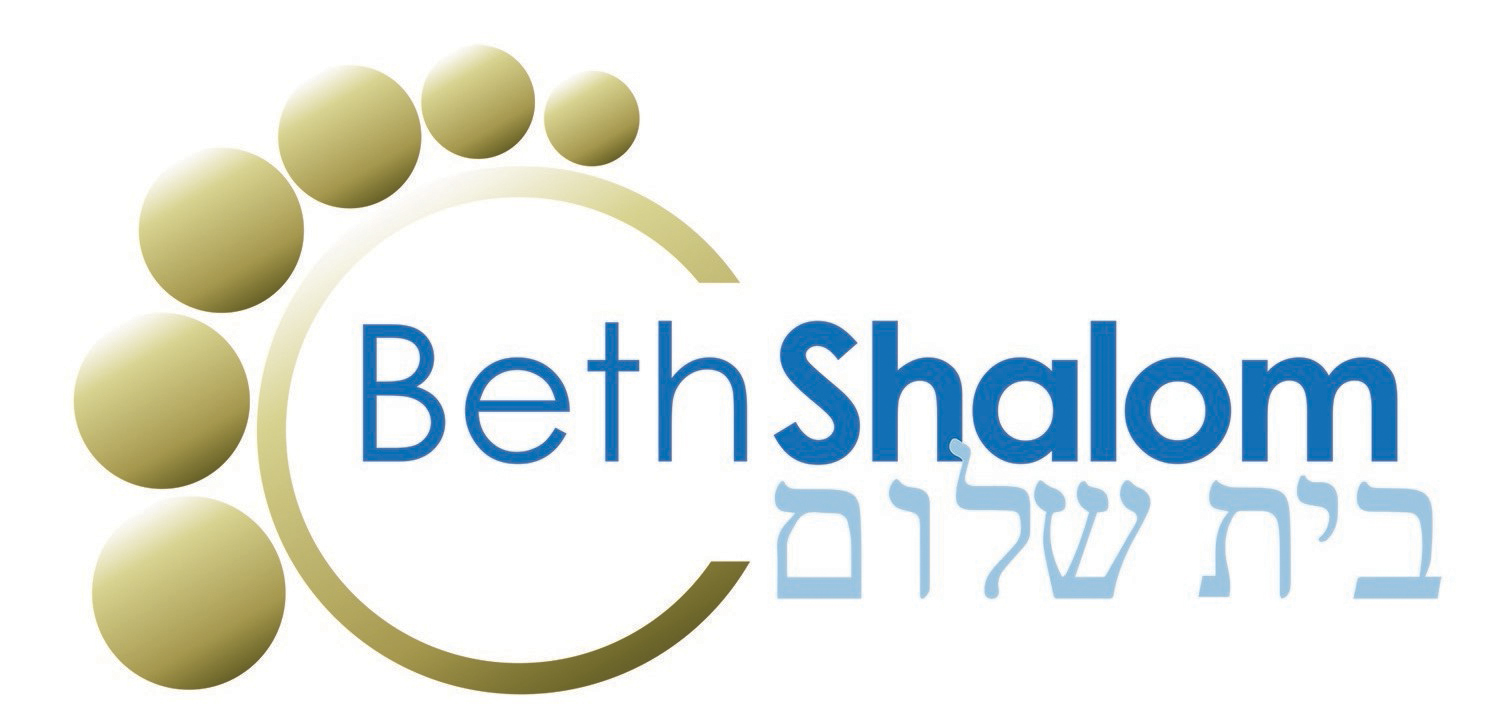Was Maimonides Really a Physician? Originally Published May 24-25, 2019.
We often study the work of Rabbi Moses ben Maimon, known as Maimonides or Rambam, who lived from 1135-1204. Born in Cordoba, Spain, he was part of a long line of scholars. As he reached his 13th birthday, Cordoba fell to the Almohads in Spring 1148, and under the resultant religious persecution the family was […]
What Is "Shomer Shabbat"? Originally Published May 17-18, 2019.
“Shomer Shabbat” (שׁוֹמֵר שַׁבָּת) is a term used to describe a person who “keeps” the Sabbath. In Ashkenazic Hebrew the name of the seventh day may be pronounced “Shabbos.” You may recall a few weeks ago when we discussed the term “shamar” as meaning to guard, protect, keep. This is another usage of it. There […]
Where is "Kush," Which Is Mentioned in Today's Haftarah? Originally published May 10-11, 2019.
“Kushi’im” are mentioned in the haftarah for Kedoshim (this week), translated in our Etz Hayim humash as “Ethiopians.” In the haftarah on the eighth day of Pesah and again the other day on Yom HaAtsma’ut, we read that God will redeem “the other part of his people from Assyria, as also from Egypt, Pathros, Nubia…,” […]
What Are These Fences? Originally Published April 25, 2019.
Rabbis speak about “fences.” What are these fences? (Of course, Fences is a play by August Wilson, in which your correspondent’s Uncle Herb Glickman (z”l) is mentioned, but we digress.) Rabbis specifically speak of “making a fence around the Torah,” “asu seyag laTorah.” It actually appears in the very first paragraph of Pirkei Avot: “Moshe […]
What is Tal? Originally Published on April 19-20, 2019.
As a part of the Musaf service on the first day of Pesah, as we repeat the Amidah, we say a prayer for dew, Tefillat Tal. At the end of Sukkot we pray for rain; at the beginning of Passover we pray for dew. After Passover, anything more than dew might be harmful to our […]
What Is Shabbat HaGadol? Originally Published April 12-13, 2019.
Shabbat Hagadol is the name given to the Shabbat just prior to Passover. “Hagadol” is “the great,” modifying “Shabbat.” Some rabbis have explained this connection by referencing the penultimate line in this week’s haftarah, which says “Lo, I will send the prophet Elijah to you before the coming of the awesome [great], fearful day of […]
What Is Shabbat HaHodesh? Originally Published April 5-6, 2019.
The last of four special Shabbatot before Passover, Shabbat Hahodesh falls on the Shabbat before the month of Nisan begins, or else - as this year - it falls on the first day of Nisan when that day is Shabbat. The special maftir aliyah reading comes from Shemot 12:1-20, from Parashat Bo, and it describes […]
A Cornucopia of Horns? Originally Published March 29-30, 2019.
Each year the ba’al toke’a (horn blower, בעל תוקע, sometimes called ba’al teki’ah, בעל תקיעה) takes out his/her shofar and begins practicing up for the High Holidays. The shofar is sounded during the entire month of Elul at the end of the weekday morning service (be there at minyan!) except on 29 Elul. The shofar […]
What Is a Bimah? Originally Published March 22-23, 2019.
A bimah (בִּימָה) is an elevated platform. Used in a synagogue it is, in church English, a pulpit. In modern Hebrew “bimah” also refers to a stage. In ancient and Orthodox churches, it is also used to refer to a pulpit (bema). It was also the term used in ancient Athens for a orator’s platform. […]
